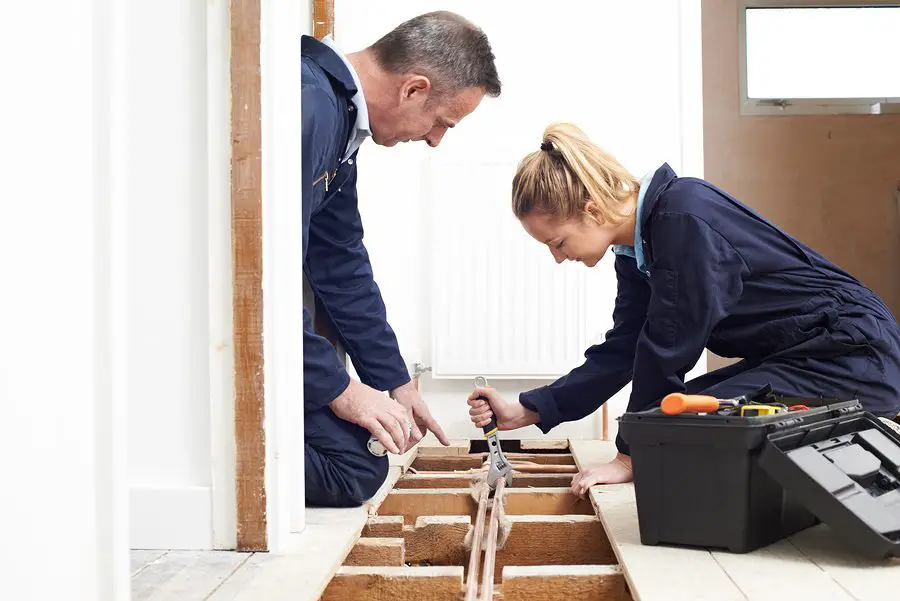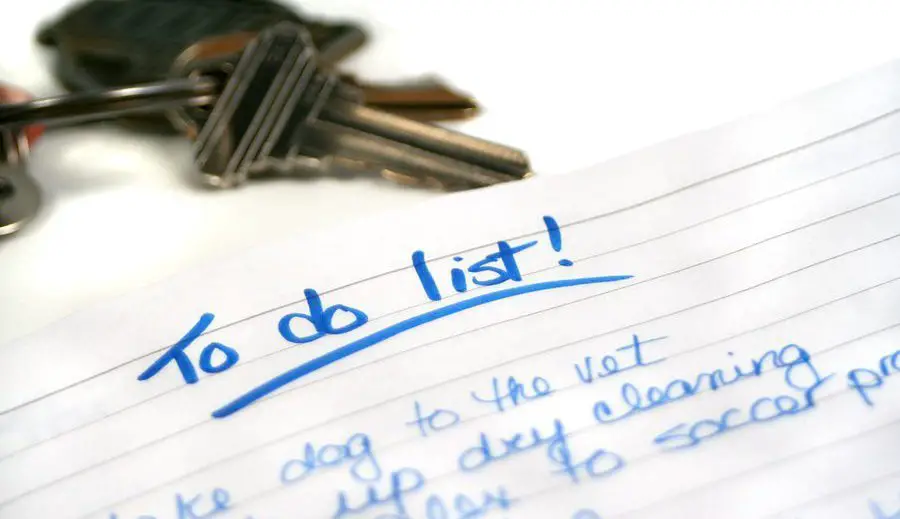
Did you make a Melania Trump sized mistake?
Melania Trump. Oh boy.
If you are like me, you may have gasped in disbelief after it was revealed that Melania Trump plagiarized Michelle Obama in her speech, when she introduced her husband Donald Trump at the Republican National Convention.
If you’re not aware of what happened, to catch you up, Melania repurposed word-for-word phrases from Michelle Obama’s speech from the Democratic convention eight years earlier. Oops! Guess she thought no one would remember?
(Later a Trump staffer, who penned the speech for Melania, admitted to using Mrs. Obama’s phrasing inadvertently.)
Can we even call it a “faux pas”? It was more of a dino sized “doo-doo”. A massive and embarrassing mistake.
While most of us will never make a mistake of this magnitude — one that’s performed in front of the world — we all have made mistakes that have resulted in big mess ups. If you have a pulse and an opposable thumb (aka you’re human) then at sometime in your life this will happen.
You may even be in a bind right now over a mistake you have made recently.Not to worry. If you read the steps below, it’ll get you out of hot water, I promise.
[aio_button align=”left” animation=”bounce” color=”red” size=”medium” icon=”cloud-download” text=”Download the Cheatsheet” relationship=”dofollow” url=”/cheatsheet-how-to-repair-melania-trump-sized-mistake”]
I am going to use Melania’s big mess up as an example of how she – or at least the Trump camp – could use the four no BS mess fixers to fix a mistake and make it right so it gets resolve and forgotten quickly.
If you stick to the four step process below, you will always come out unscathed, victorious with your integrity intact. And you’ll be able to easily repair any relationships you’ve im impacted. Life will quickly resume life as usual or will be better than it was before.
impacted. Life will quickly resume life as usual or will be better than it was before.
How to redeem yourself when you mess up big time like Melania Trump did
I’ll be using Melania’s mess up as an example to walk through the thinking process you can go through to fix any mistake.
Step 1: Turn a Melania Trump sized mistake into an opportunity by looking for “what’s missing”
Know this: A mistake is an opportunity to learn something about yourself and to fix something that isn’t working.
Remembering this when you make a big mistake will keep you from plunging into a total mental breakdown. It’s a way to maintain your personal power.
So look for the opportunity. Consider what didn’t work – I call it the “what’s missing” factor – that led to you making the mistake.
In Melania’s case: She needs to look at what led to her mistake and review how it happened. Look for the source of the errorDid she not have time to write a good speech so she borrowed from Michelle Obama? In that case her time management is the breakdown and she needs to implement a new structure to fix it. Or maybe it’s that she doesn’t know about plagiarism and other basic business processes? If it’s ignorance she should work on becoming more detail oriented or business savvy, especially since her husband is running for President of the United States.
Step 2: Identify ALL the impacts of the mistake
Ask yourself: What are the impacts of my actions?
In other words, what further breakdowns or upsets were caused by your actions.
And who was impacted.
This may include asking people involved what the impact is for them. Most of the time you get the impact on you and guess at what the impacts are for other people but it’s possible you’ll miss something. So ask the people involved how they feel. Find out what they now think of you.
You need to know what’s broken to fix it. Missing even just one impact can create lasting resentment.
In Melania’s case: Here are a few impacts that resulted from her actions. (You may see others).
- The world sees her as a complete idiot – a personal impact.
- Her husband looks like a complete idiot for letting her make this mistake.
- Her husband is seen as incompetent potential president.
- Trump could lose supporters.
- Trump could lose the election.
- The entire Trump family is embarrassed and it could potentially affect their credibility, careers or businesses.
- Michelle Obama may feel ripped off.
- The Republican Party may be embarrassed, especially those that have gone to bat for Trump.
- She ruined a moment that could have raised the profile of the Trump camp and the Republican Party.
Step 3: Create a structure to repair the impacts of the mess up
“I’m sorry” is never an effective way to repair broken trust with other people.
The only time “sorry” is effective is when you’ve done something small or insignificant. “Oh, sorry I stepped on your toe” for example is an okay use of the phrase.
However, if you cheat on your partner, then saying “I’m sorry” will never work.
In Melania’s case: She needs to take action to repair what’s broken. She should:Publicly address the nation about the issue, take full responsibility, and explain how and why it happened. She needs to share the cause of the breakdown (identified in Step 1) and then share her structure so people can restore their trust in her, and her husband.
Whatever structure she implements needs to be designed to ensure this mess up doesn’t happen again. It could be a structure of working with a new speech writer, of checking her own work. Maybe she could use plagiarism detection software to ensure nothing is ever reused without attribution in future speeches. She could even choose to never speak publicly ever again.
Whatever structures she chooses to use, it needs to be a structure that satisfies all the parties involved and fills the holes left by all the impacts. In Melania’s case, she needs to repair the impact she’s left on her husband, her family, the Trump team, the Republican Party and even the nation.
Step 4: Follow through on your promises
If you’ve messed up and made up and shared a new structure with others involved then you need to: Do what you said you were going to do.
Consistent actions and time will repair what’s broken or make things better. Honor your word.
Anytime you go to say “I’m sorry” think of this structure and remember it. It’s the best way to restore other people’s trust in you. This will allow you to get ahead in life. You will be someone who is accountable. Someone who makes opportunities come out of bad situations. It’s what real leaders do.
What do you think of the formula?
Use the formula in your life today and let me know what you think. Post in the comments below this post or shout out to me on social media. I love hearing from you.
DOWNLOAD MY CHEAT SHEET ON HOW TO REPAIR A MELANIA TRUMP SIZED MISTAKE
[aio_button align=”left” animation=”bounce” color=”red” size=”medium” icon=”cloud-download” text=”Download Now” relationship=”dofollow” url=”/cheatsheet-how-to-repair-melania-trump-sized-mistake”]
And if you haven’t already, join the coolest (free) club on the web that’s committed to you living the life of your dreams. Repairing your Melania Trump sized mistake is only the beginning of how we’ll help you make your life awesomer: Click here to JOIN NOW.



 The
The 


 Questions for couples in this free relationship tool will bring you closer
Questions for couples in this free relationship tool will bring you closer


